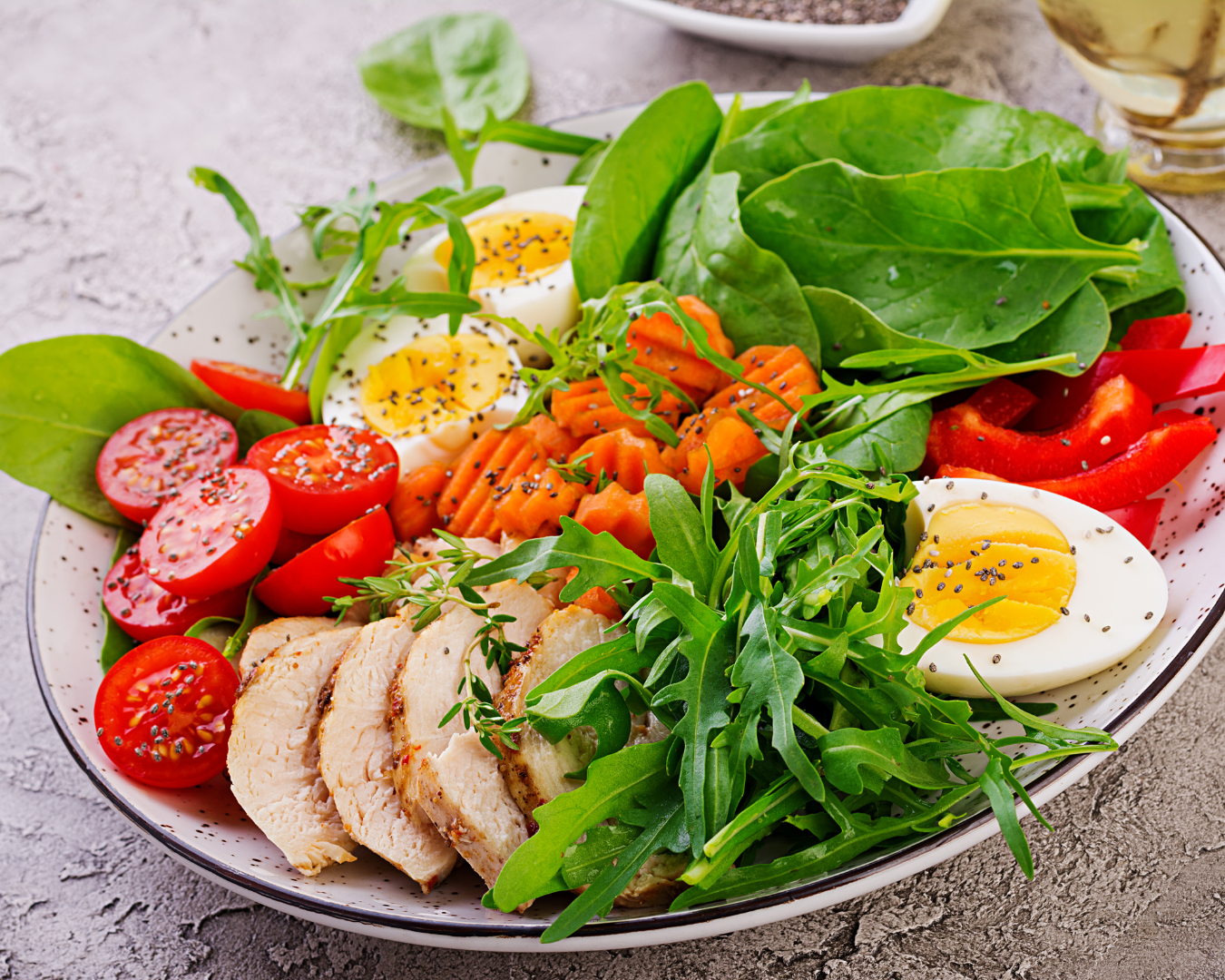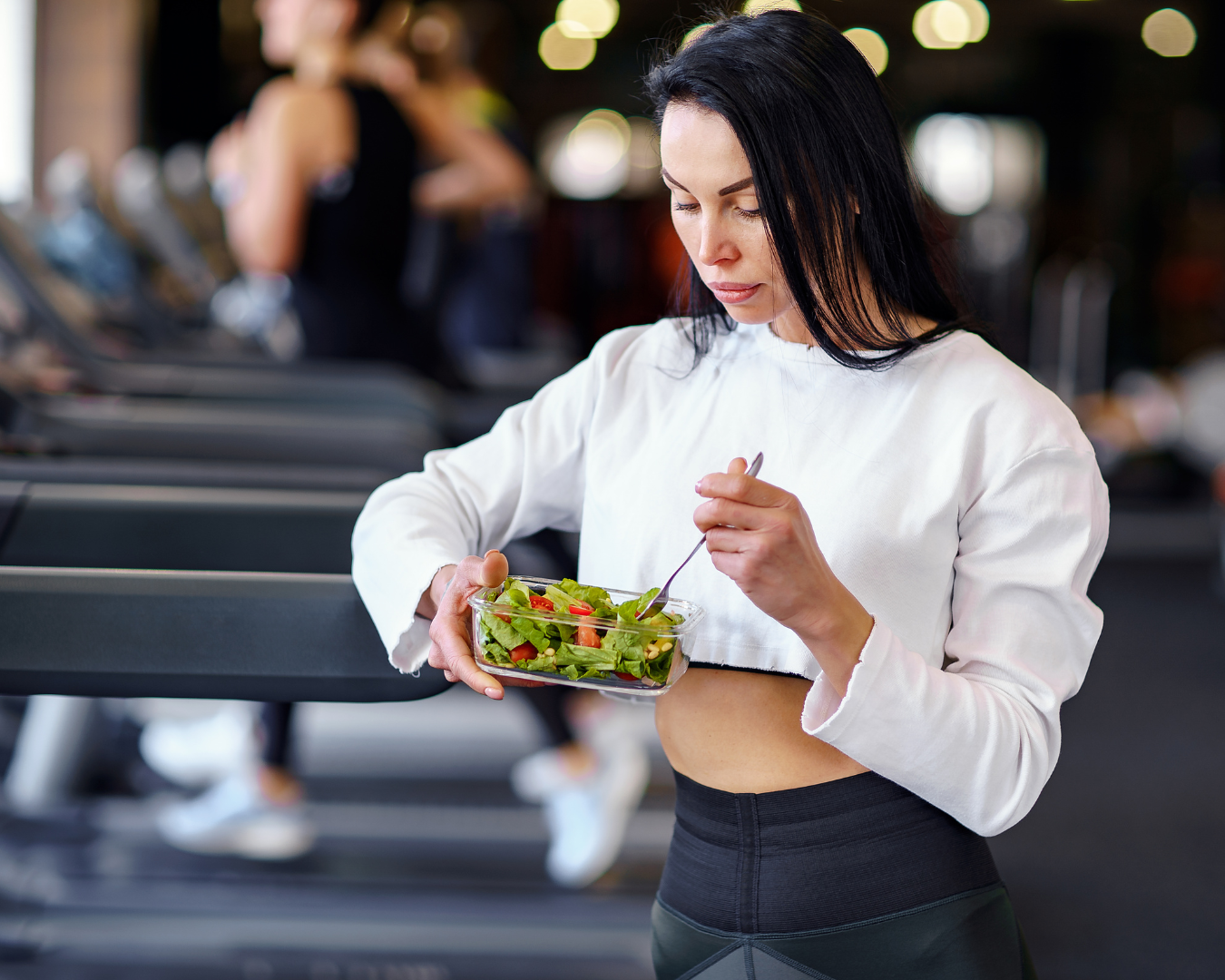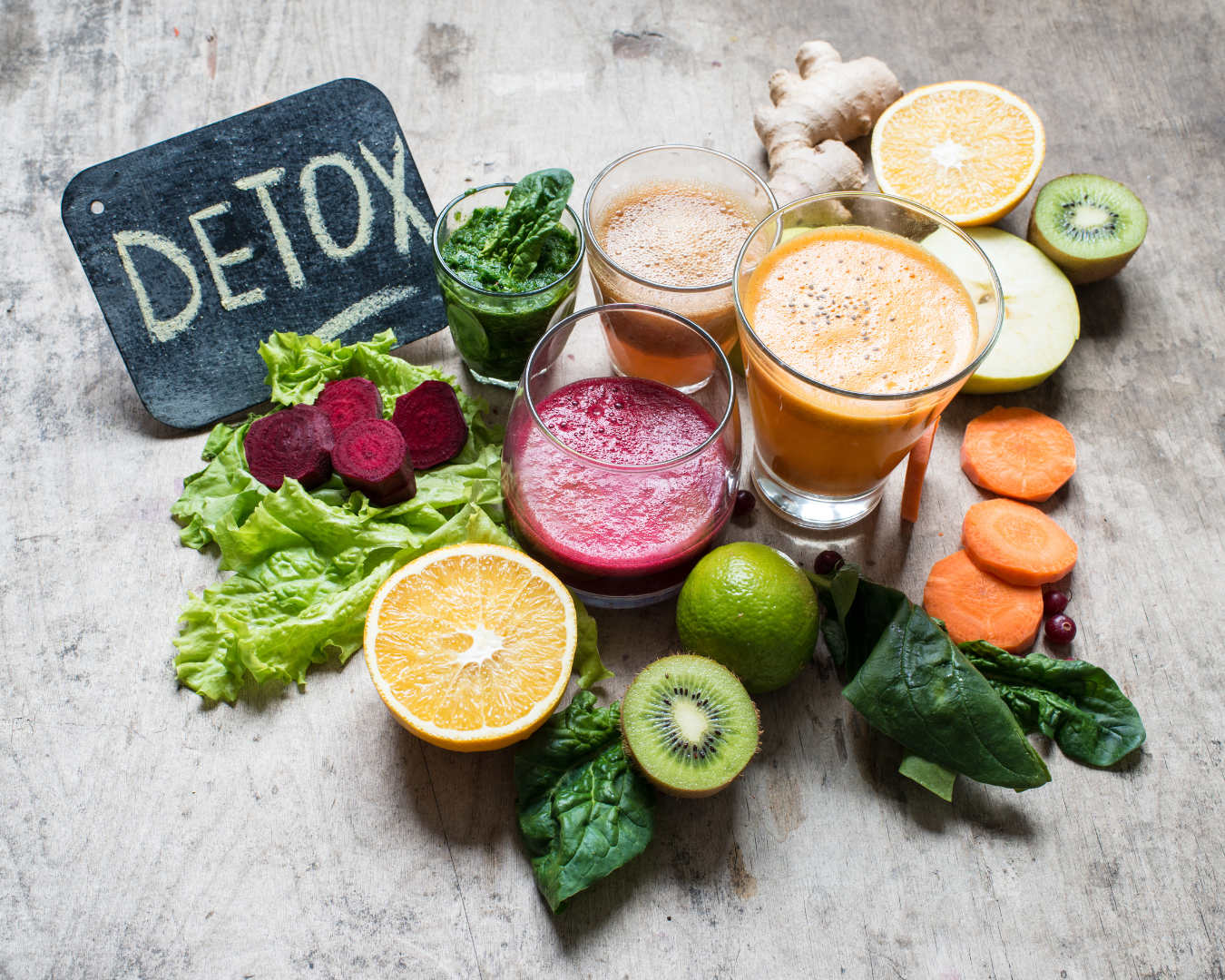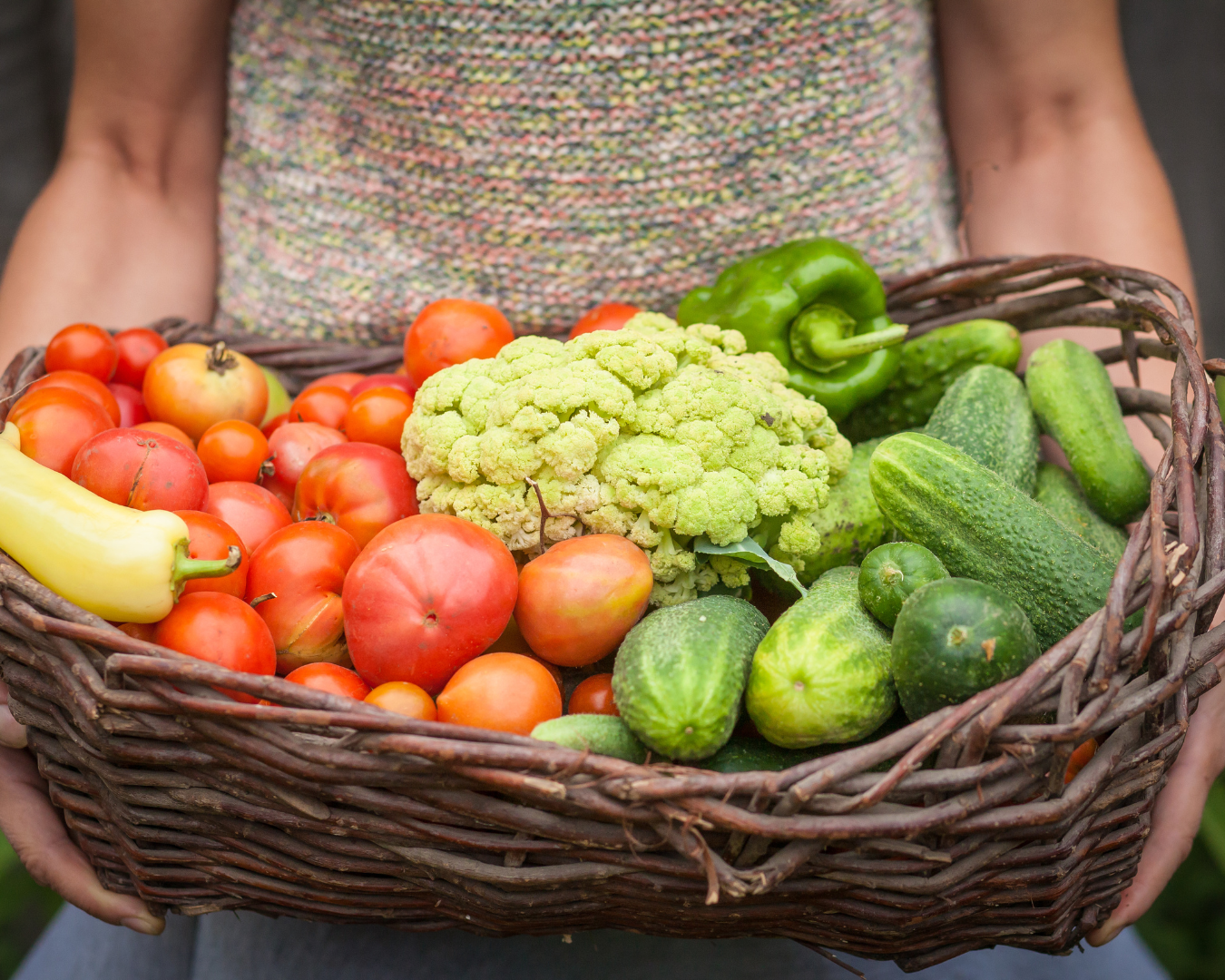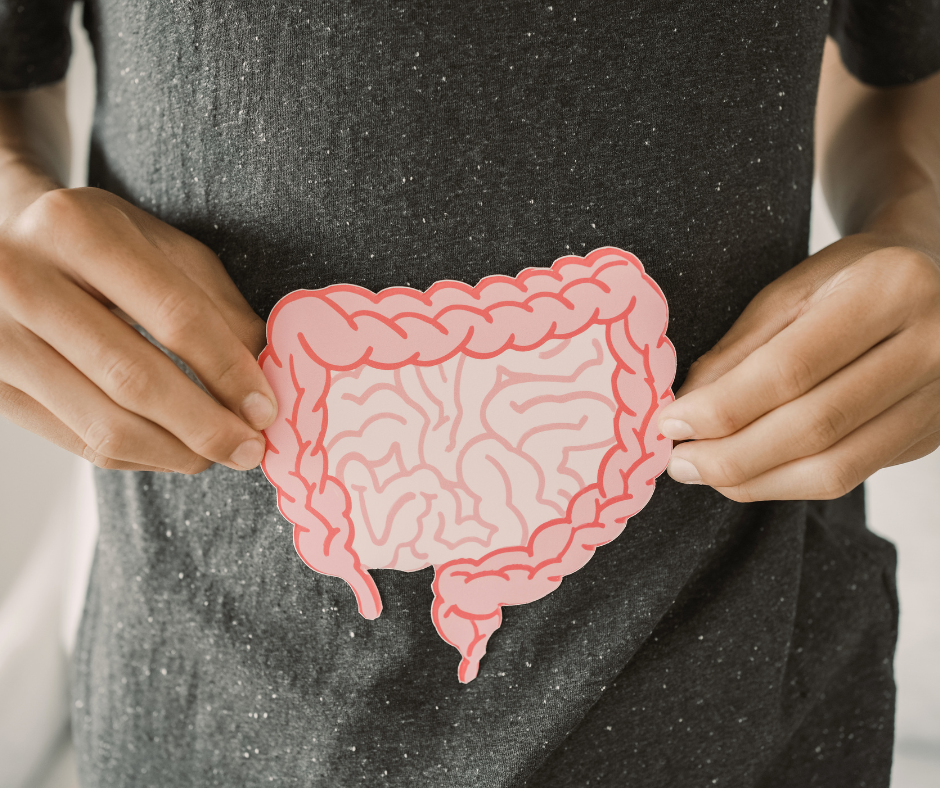Breakfast – it’s the meal that sets the tone for the rest of the day. Yet, in the hustle and bustle of modern life, it’s all too easy to skip or skimp on this important meal. But here’s the truth: breakfast is not just another meal, it’s an opportunity to nourish your body and kickstart your day with energy and vitality. Let’s explore some ideas for creating nutritious and satisfying morning meals that will help you build a better breakfast routine and set yourself up for success. The Importance of Breakfast We’ve all heard the saying, “breakfast is the most important meal of the day,” and for good reason. After a night of fasting, your body needs fuel to replenish energy stores and jumpstart metabolism. A nutritious breakfast provides essential nutrients like carbohydrates, protein, and healthy fats, as well as vitamins and minerals, to support overall health and well-being. Studies have shown that eating breakfast is associated with improved concentration, better mood, and increased energy levels throughout the day. Balanced Breakfast Options Creating a balanced breakfast doesn’t have to be complicated. Here are some ideas for nutritious morning meals that will keep you satisfied and energized until lunchtime: 1. Overnight Oats: A quick and easy option for busy mornings, overnight oats are made by soaking rolled oats in milk or yogurt overnight, then topping with your favorite fruits, nuts, seeds, and sweeteners. Not only are they delicious, but they’re also packed with fiber, protein, and essential nutrients to keep you feeling full and satisfied. 2. Smoothie Bowls: Smoothie bowls are a fun and versatile way to pack a ton of nutrition into one delicious meal. Simply blend together your favorite fruits, leafy greens, protein powder, and liquid of choice, then pour into a bowl and top with granola, nuts, seeds, and other toppings for added texture and flavor. Smoothie bowls are not only refreshing and satisfying but also provide a hefty dose of vitamins, minerals, and antioxidants to start your day on the right foot. 3. Whole Grain Toast with Avocado and Eggs: For a savory breakfast option that’s sure to satisfy, try topping whole grain toast with mashed avocado and a poached or fried egg. This delicious combination provides a balance of carbohydrates, healthy fats, and protein, along with a host of vitamins and minerals from the avocado and eggs. Plus, it’s quick and easy to prepare, making it perfect for busy mornings. Make Breakfast a Priority In today’s fast-paced world, it’s easy to overlook the importance of breakfast or grab something quick and convenient on the go. But by making breakfast a priority and taking the time to fuel your body with nutrient-rich foods in the morning, you’re setting yourself up for success in all areas of your life. So, whether you opt for overnight oats, a smoothie bowl, or whole grain toast with avocado and eggs, make sure to prioritize breakfast and give your body the fuel it needs to thrive. Breakfast is more than just a meal – it’s an opportunity to nourish your body and set yourself up for a day of success. By choosing nutritious and satisfying morning meals like overnight oats, smoothie bowls, and whole grain toast with avocado and eggs, you’ll fuel your body with the essential nutrients it needs to thrive. So, make breakfast a priority, and watch as your energy, focus, and overall well-being soar. Here’s to building a better breakfast and a healthier, happier you!

